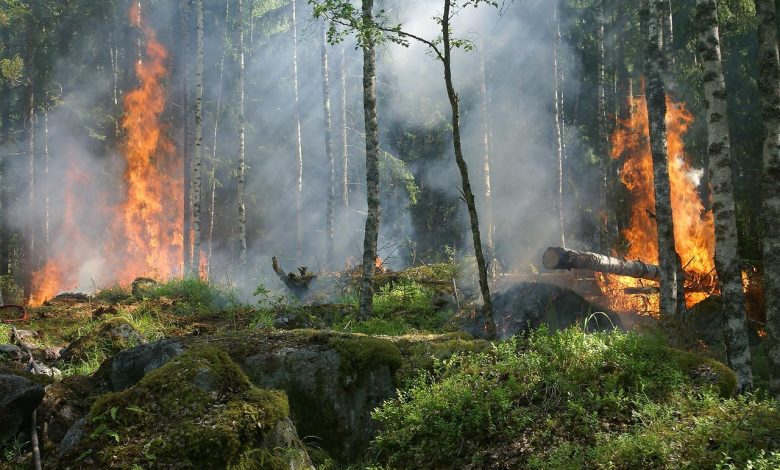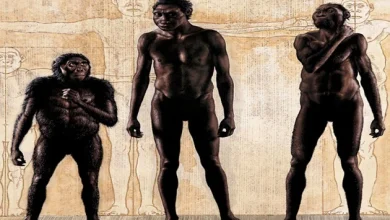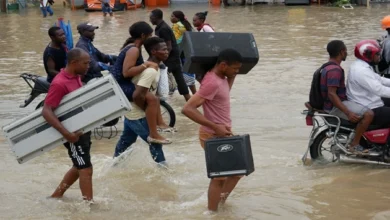Africa is currently burning harder than the Amazon forest

Ten thousand fires are currently raging in Angola and the Democratic Republic of Congo alone. In comparison with the approximately 2,000 fireplaces in the Amazon rainforest in Brazil, that is much more. And yet the situation is not comparable.
Amid the worldwide commotion about the burning Amazon forest, the American space agency NASA launched a satellite image of Central Africa. It showed that the situation in Africa is much worse. Two countries, Angola and the Democratic Republic of Congo, face five times as many forest fires as the Amazon forest, which spans nine countries. Zambia, Mozambique, and Madagascar are also on fire.
The French president Emmanuel Macron seemed to be one of the few who also saw African issues. The accusations against Bolsonaro and the need for solutions for the Amazon forest were not the only issues that Macron mentioned in his speech at the G7 summit in Biarritz. He also argued for funds to tackle forest fires in Africa.
The comparative kite does not apply
In both the Amazon and Central Africa, the fire has been ignited by farmers. They burn everything flat because it is an inexpensive way to remove certain bacteria and diseases and the ashes of the burnt bushes provide fertile soils. After a few years, the subsoil loses its nutrients and farmers leave for another area to repeat the technique.

Although both fires are the result of old farming techniques that use fire, we cannot compare both phenomena according to experts. African farmers set fire to ‘controlled’ areas, they say. They also do not use the flames in areas with many trees, but they do use meadows and fields.
‘Burns add value’
Tosi Mpanu Mpanu, the Congolese negotiator at the United Nations climate conferences, emphasizes that technology in Central Africa is necessary for agriculture. “The fire in the Amazon forest is mainly the result of global warming and the drought,” said Mpanu. According to him, 9 out of 10 fires in Africa would not even cause damage but would add value to the community.
“Fire is used in Africa to hunt, to grow the best plants for food or fiber, to make travel more comfortable and to combat pests. That is traditional and continues to exist today in many parts of the continent,” says Peter Moore, fire specialist at the Food and Agriculture Organization of the United Nations.
Worried environmental organizations
Together with President Macron, many environmental organizations also raised the alarm, because in any case a forest fire is not experienced as a plus for nature. They warn that the fire techniques cause trees to fall, biodiversity to fall and causes erosion in the soil.
The Angolan government is counting them. They warn of possible comparisons between their country and the Amazon forest because that can lead to “disinformation and dramatization of the situation”. “At this time of the year and in many regions of our country there are fires by farmers preparing their land for the rainy season that is coming,” the authorities say in a statement.
Deforestation
It is certain that many trees disappear in Africa. That is not due to the fires, but to the large machines and chopper axes that bring down the trees. Mpanu estimates that the tree area has fallen by almost 15% compared to 2003.
Congolese president Tshisekedi also referred to deforestation in the Congo Basin, the second largest tree population in the world. In his country, only ten percent of the inhabitants have access to electricity, and then wood is an important energy source. Felling is entirely legal for that reason, and large companies sometimes abuse it.




